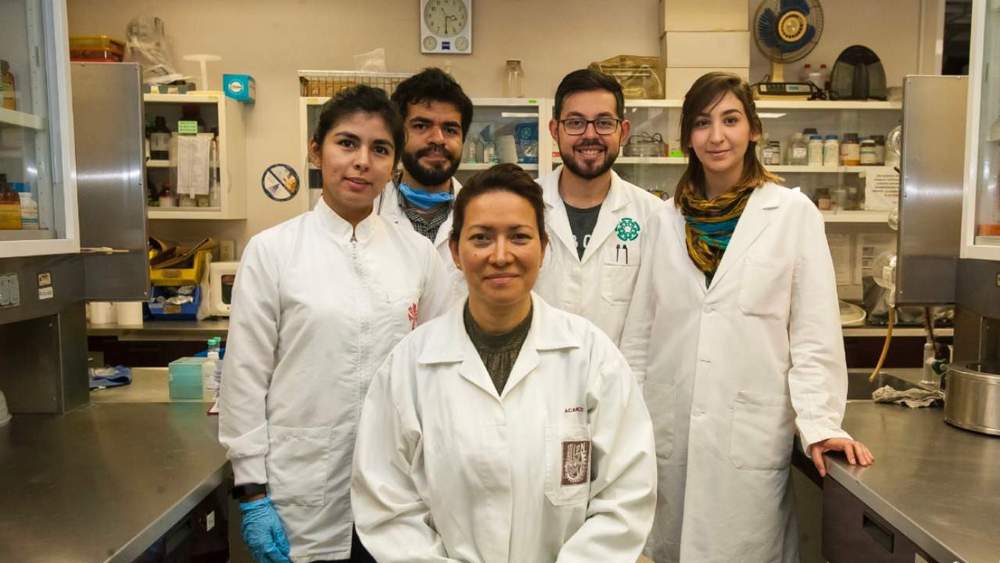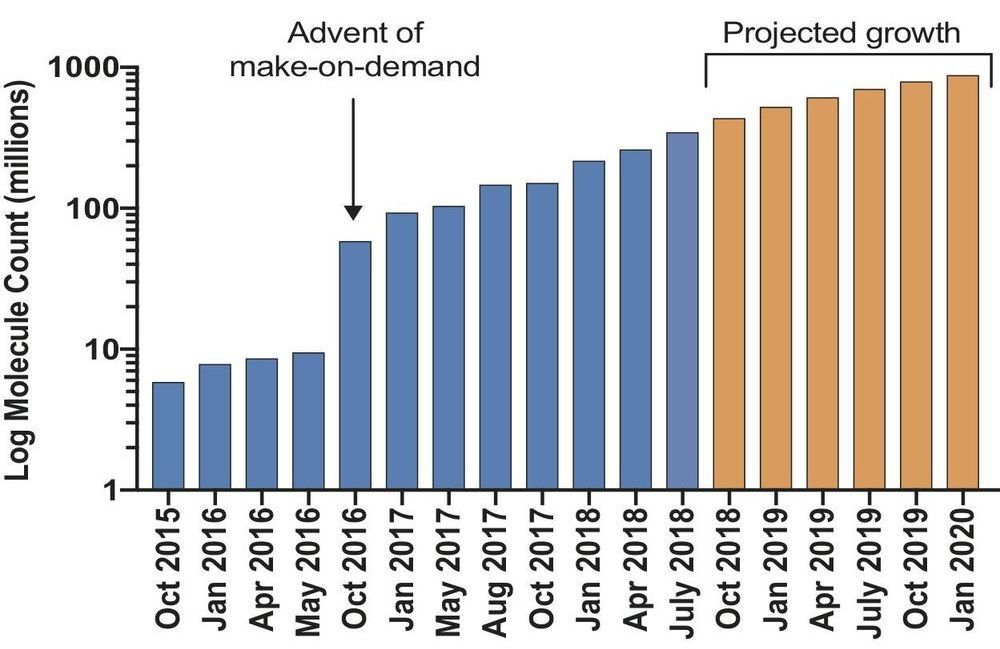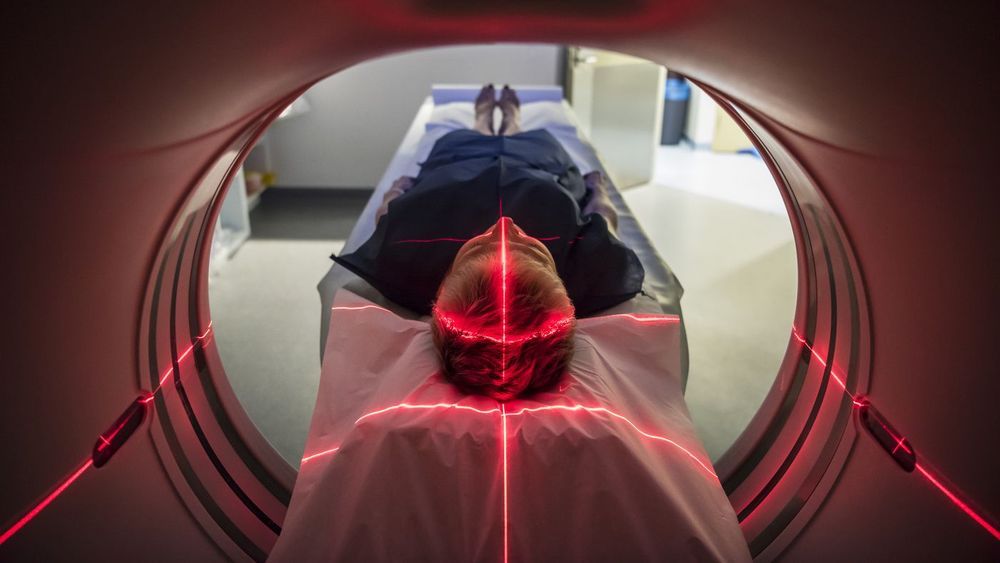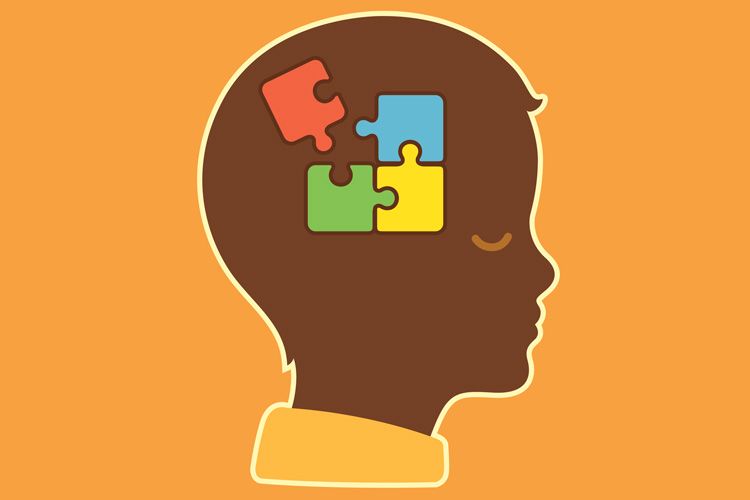Smartphones aren’t just for selfies anymore. A novel cell phone imaging algorithm can now analyze assays typically evaluated via spectroscopy, a powerful device used in scientific research. Researchers analyzed more than 10,000 images and found that their method consistently outperformed existing algorithms under a wide range of operating field conditions. This technique reduces the need for bulky equipment and increases the precision of quantitative results.
Accessible, connected, and computationally powerful, smartphones aren’t just for “selfies” anymore. They have emerged as powerful evaluation tools capable of diagnosing medical conditions in point-of-care settings. Smartphones also are a viable solution for health care in the developing world because they allow untrained users to collect and transmit data to medical professionals.
Although smartphone camera technology today offers a wide range of medical applications such as microscopy and cytometric analysis, in practice, cell phone image tests have limitations that severely restrict their utility. Addressing these limitations requires external smartphone hardware to obtain quantitative results – imposing a design tradeoff between accessibility and accuracy.







